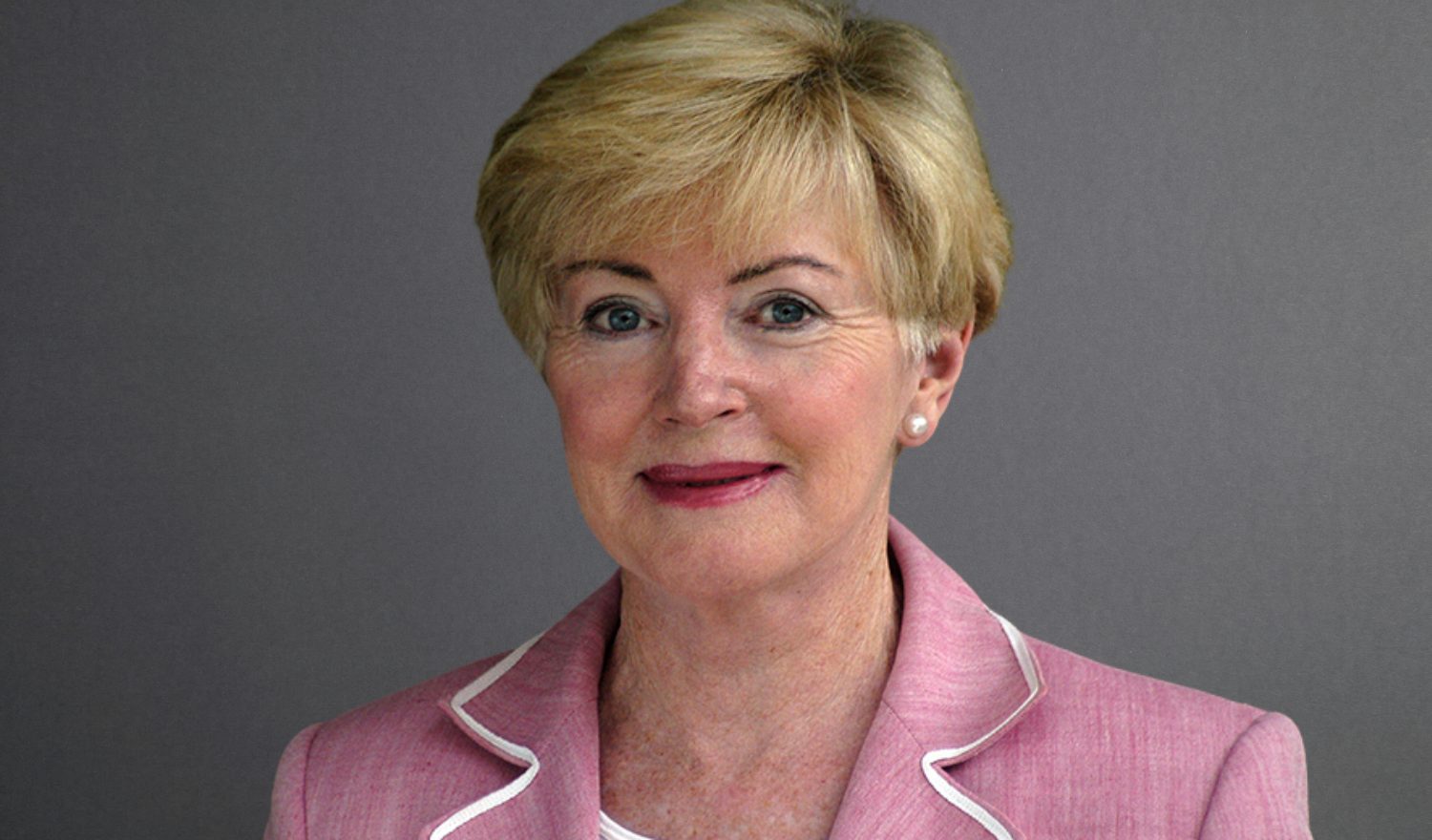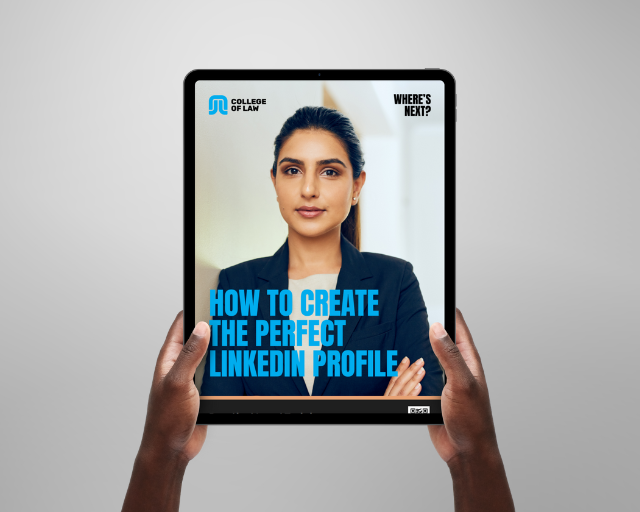In many ways, Bridget Cullen seemed destined for a career in administrative law. She currently serves as a Member of the Administrative Appeals Tribunal (AAT) and is National Team Leader of The College of Law’s Administrative Law Practice.
We caught up with Bridget to find out what attracted her to public law, her advice for lawyers interested in moving into the area - and why she thinks lawyers shouldn’t be raging tigers.
The opportunity to contribute to the legal fabric of Australia
Bridget joined the AAT after serving as a Member of the Queensland Civil and Administrative Tribunal (QCAT) for over seven years.
“I thought that moving across to the Commonwealth was a great opportunity to build new skills,” said Bridget. “At the AAT, I have been able to contribute to national procedural reforms to better manage cases before the Migration and Refugee Tribunal, which has been a professionally rewarding experience. I’m grateful to have a role that is both interesting and challenging.”
Though it might seem like a dream run, Bridget admitted she was nervous at her first interview for QCAT.
“As many lawyers will know, in the Tribunal, the strict rules of evidence and procedure don’t apply the way they do in the Courts – it’s all about procedural fairness. My areas of academic expertise are evidence and procedure,” explained Bridget. “I arrived for the interview eager to make a positive impression. The judge interviewing me looks at me, looks at my CV, and says coyly, “Evidence and procedure, hmmm, that won’t be very useful here, will it?”
“I could have died on the spot!”
She since learned her interviewing judge had a great sense of humour - and she landed the role.
“Our registry is filled with junior lawyers embarking on their careers, either looking to move to legal roles in the public service sector or transition to the private sector,” observed Bridget. “I enjoy mentoring, both at the AAT and The College of Law. It is a real privilege to be trusted to listen to someone else’s dreams and aspirations.”
As an AAT Member, her decisions can also bear a significant impact on public law.
“In the Migration and Refugee Division, I value the opportunity to contribute to the fabric of Australia through merits review decision making,” said Bridget. “Sometimes, that means affirming a decision made by the Department, which has been made for reasons of community safety. Or, I could make a decision that results in relief for a person that has been on a long and stressful journey through the administrative review processes and is found to meet the criteria for a visa. I take my role very seriously – decisions which impact the future course of someone’s life deserve careful and considered attention.”
Despite the serious nature of a review, there are occasional moments of levity.
“Some time ago, I was reviewing the cancellation of a Subclass 186 visa, which is a permanent residency visa,” explained Bridget. “Sometimes, there is more information available to the Tribunal than there was to the Department and I had a provisional view that I would be setting the cancellation decision aside based on that new information.”
“Anyway, Mum and Dad were terribly stressed, worried that the Australian dream they had for their family was about to fall apart. They brought along their son to give evidence – he was 12 and had lived in Australia his entire life. Like other boys his age, he was working on his prospective basketball dream career, while getting very good marks in Grade 7. I needed to consider the impact a potential return to India with his parents would have on this boy, who had only been educated here. I asked him whether he was able to speak in any languages other than English, and his sweet and honest response was, “I am learning Japanese.” The whole hearing room, including his parents, erupted in laughter. I got the favourable decision to this family quickly, as I wanted to make sure the stress of not knowing what the outcome would be was minimised.”
Lawyers should be calm and collected, not out for blood
Bridget recently addressed law students at a Griffith University event, speaking, among other things, about the importance of possessing an even temperament.
“It’s not just decision-makers who need to be calm, cool, and collected,” observed Bridget. “Lawyers should seek to be a moderating influence on their clients and not be used as a tiger raging for blood. Like doctors who benefit from a warm and caring bedside manner, lawyers benefit from a measured and focussed “courtside manner”. The justice system works more effectively when the focus is placed on the evidence and the procedure.”
The former WLAQ Lawyer of the Year also reflected on the challenges and pressures specific to women lawyers coming through a traditionally male profession.
“You face the inevitable conundrum of juggling children with a career,” said Bridget. “When my children were very young, I was working at Griffith Law School, and they were wonderfully supportive of my timetabling needs.”
“What I did find hard was wrestling with my own expectations, and those of others, about what motherhood should look like. By the time I got to my third child, I was more confident to just do things my way and ignore the well-intentioned advice from others. For example, I felt pressured with my first baby to do all the “Mum things” – go to playgroup, attend Gymboree music classes for infant development, be on tuckshop roster, etc. The reality is that if you want to work, you can’t be everywhere, and I did want to work. So, something had to give. All of my kids are well-adjusted contributors to society, and we have a very close relationship that wasn’t compromised when I abandoned Gymboree and the tuckshop roster. Feel no guilt. You mother your way.”
“In terms of overcoming the challenges – we all know about the evidence that suggests women do more around the house, and this makes it harder to work. Choosing our life partner is something that we all have control over. In my own experience, choosing a partner who backs me has been the single most important career decision I’ve made. Andrew never makes me feel guilty if I produce a meal of cheese and crackers for dinner. If I have to attend a professional function in the evening, he does not regard his role as “babysitting”. We juggle a very large blended family, including a child with very significant disabilities, by working as a team. I do most of the cooking; he does most of the driving. Sometimes I do everything while he is in “work mode”, and other times he takes the hit for the team.”
As the saying goes, the law can be a jealous mistress.
“Do not exacerbate this by also partnering with someone who doesn’t want to play an equal role in the management of your family. As a bonus, I also happen to really like Andrew, who shares my sense of dark, ironic humour and makes our dog toast and warm, frothy milk for her kibble each morning. He is my secret career-success weapon.”
Don’t focus on hours of work, but the quality of work
Just as important is shifting from a workaholic mindset often common to lawyers.
“Stop focussing on hours of work and instead focus on the quality of work and long-term outcomes,” advised Bridget. “A wise employer makes it clear that being a professional does not require missing kindy graduation because it is at 3pm on a “workday” or missing other important milestones for parents. Life happens - find a way to make it work for everyone through flexibility.”
“Employers who facilitate women staying in a workplace during the difficult years of childcare stand to benefit long-term by preserving organisational knowledge and talent. Loyalty can be a very valuable asset – I am STILL teaching evidence law at Griffith, twenty-two years later. Griffith timetabled everything for me when I most needed it, and in return, I feel a genuine sense of warmth and gratitude. If they ask me to help with something – and there are endless mooting judge opportunities for people like me – I am a willing participant,” she said.
“The College of Law does a great job of this, too,” said Bridget. “Ann-Maree David, Executive Director of The College of Law Queensland, has a way of quietly helping women maintain a connection to the profession during those tricky years of family life. She just gets that as a profession, we all have a role to play in creating equitable outcomes at the top and flexibility in the journey there. Be a facilitator of dreams rather than a stickler for billable hours.”












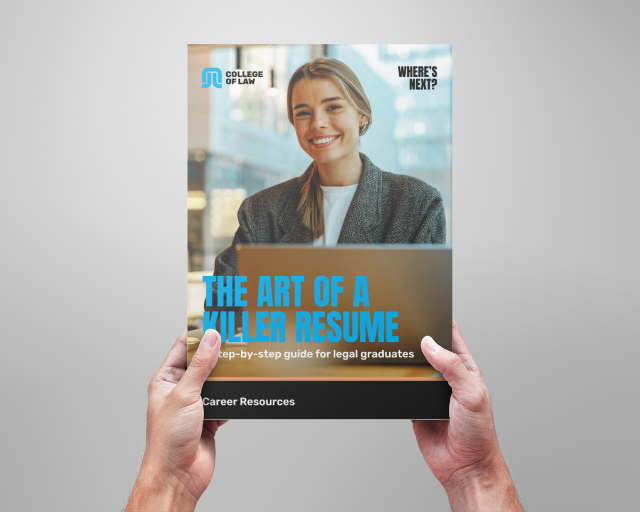














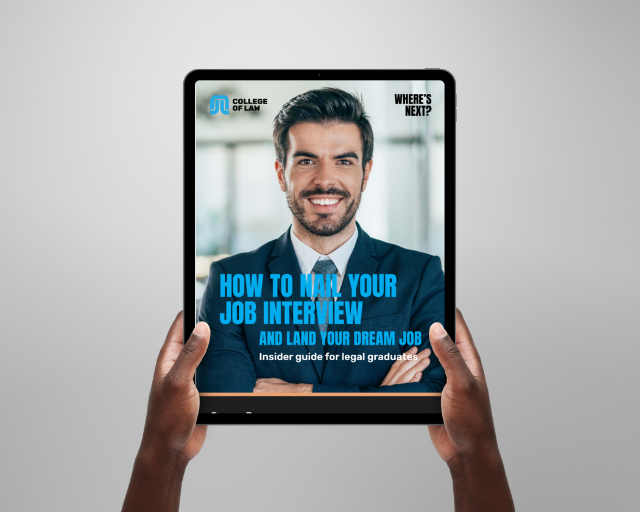
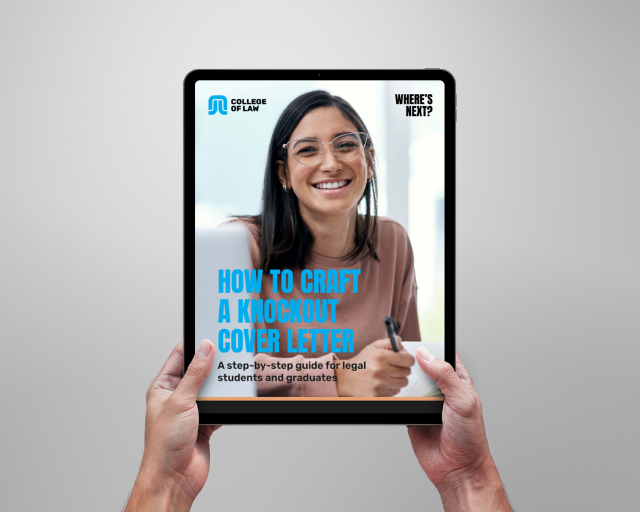




![How to handle Direct Speech after Gan v Xie [2023] NSWCA 163](https://images4.cmp.optimizely.com/assets/Lawyer+Up+direct+speech+in+drafting+NSW+legislation+OCT232.jpg/Zz1hNDU4YzQyMjQzNzkxMWVmYjFlNGY2ODk3ZWMxNzE0Mw==)








































